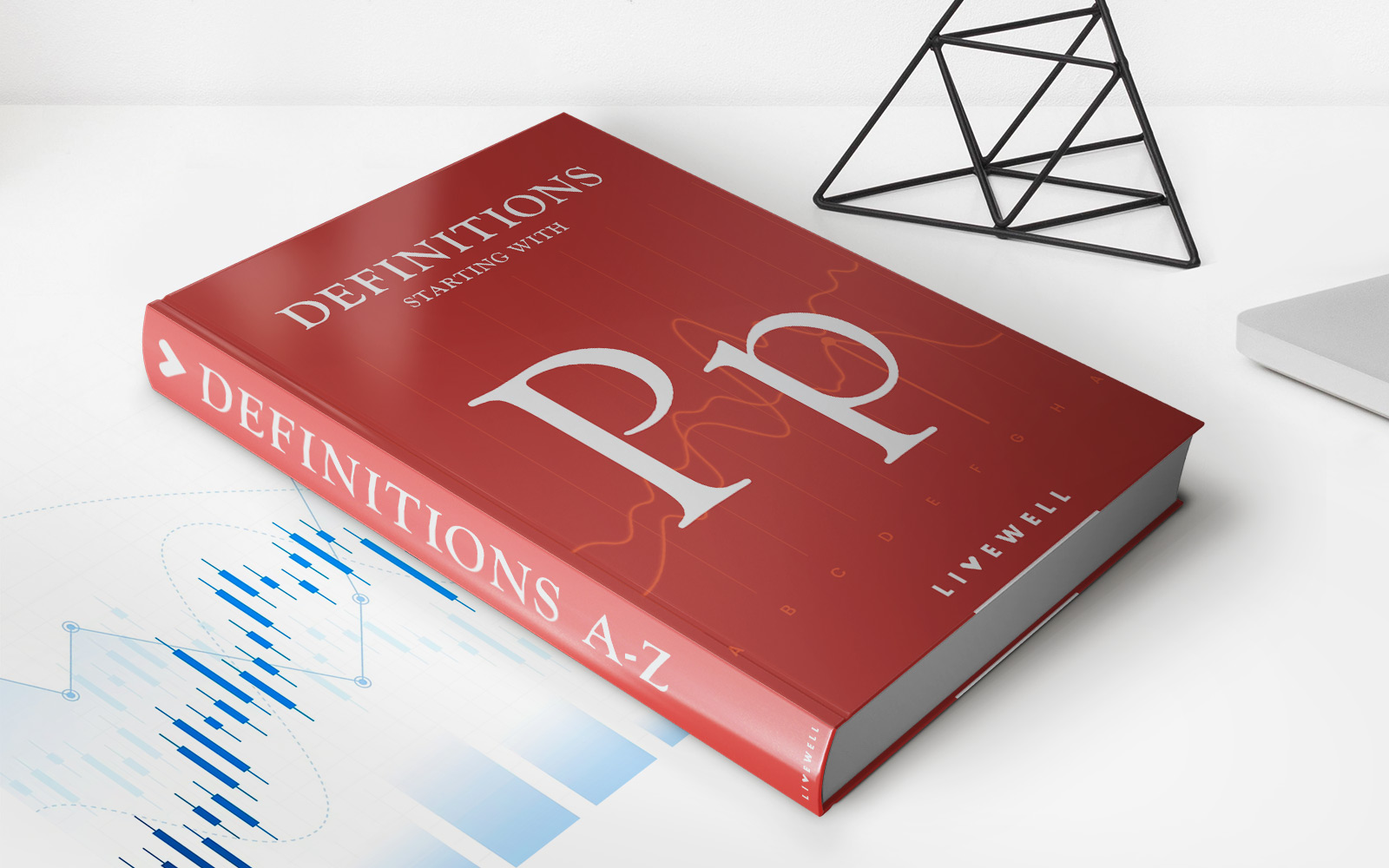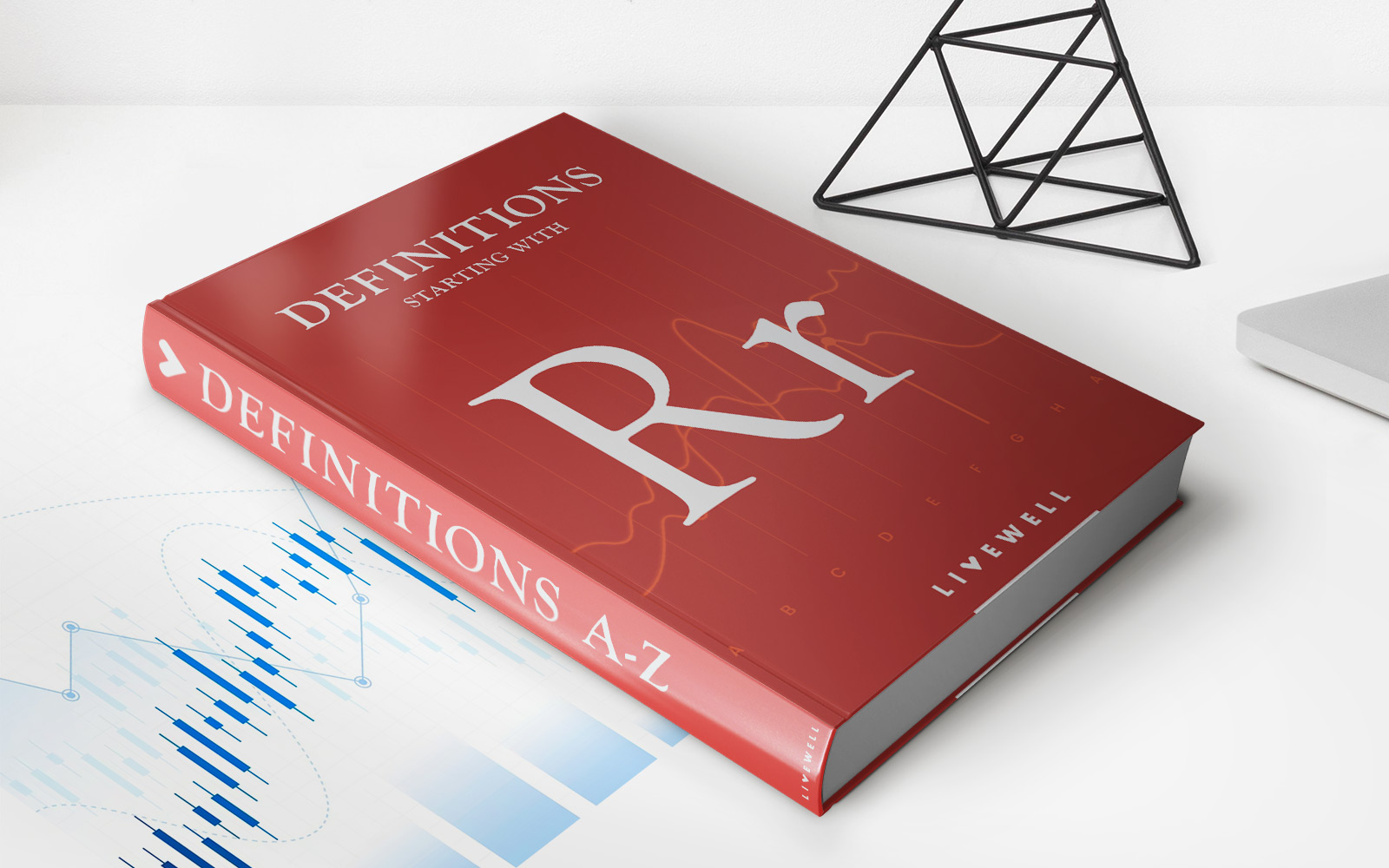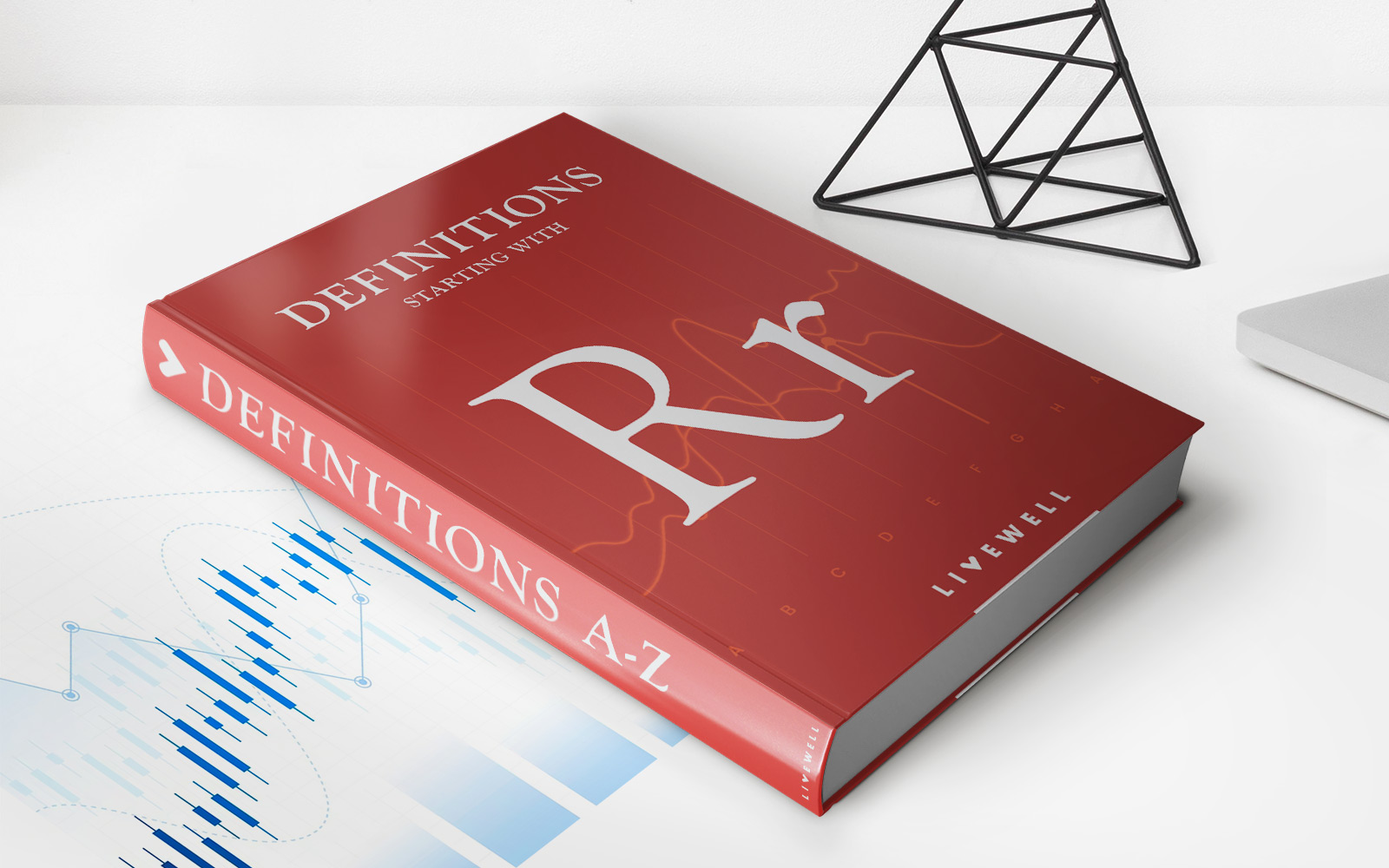Home>Finance>What Is Sales Tax? Definition, Examples, And How It’s Calculated


Finance
What Is Sales Tax? Definition, Examples, And How It’s Calculated
Published: January 23, 2024
Discover the definition and examples of sales tax in finance, as well as how it's calculated. Enhance your understanding of this crucial aspect of financial calculations.
(Many of the links in this article redirect to a specific reviewed product. Your purchase of these products through affiliate links helps to generate commission for LiveWell, at no extra cost. Learn more)
Welcome to the World of Sales Tax
Have you ever wondered what sales tax is and how it affects your financial transactions? In this blog post, we will explore the definition of sales tax, provide examples of how it works in different scenarios, and explain how it is calculated. By the end of this post, you will have a clear understanding of this important aspect of personal and business finance.
Key Takeaways:
- Sales tax is a form of indirect taxation imposed on the sale of goods and services.
- It is calculated as a percentage of the purchase price and varies depending on the location and type of product or service.
Sales tax is an essential part of our daily lives, as it is applicable to a wide range of purchases, from everyday items like groceries and clothing to big-ticket items like cars and electronics. Let’s delve deeper into what sales tax is, how it works, and why it matters to you.
What is Sales Tax?
Sales tax is a form of indirect taxation that is imposed by state and local governments on the sale of goods and services. When you make a purchase, the seller adds the sales tax amount to the total price, which you, as the consumer, are responsible for paying.
It’s important to note that sales tax rates can vary depending on where you live. Each state and sometimes even local municipalities have the authority to set their own tax rates. So, the sales tax you pay may be different depending on whether you are in California or New York, for example.
How is Sales Tax Calculated?
The calculation of sales tax is relatively straightforward. It is usually a percentage of the purchase price. For example, if the sales tax rate in your area is 8% and you purchase an item for $100, you will pay an additional $8 as sales tax. This means your total payment for the item would be $108.
There are two main types of sales tax calculation methods – inclusive and exclusive. Inclusive sales tax is already included in the marked price, while exclusive sales tax is added on top of the marked price.
Let’s take a look at an example to illustrate this:
- Marked price of an item: $100
- Sales tax rate: 8%
- Inclusive sales tax calculation: Marked price * (1 + (Sales tax rate / 100))
- Exclusive sales tax calculation: Marked price + (Marked price * (Sales tax rate / 100))
Using the inclusive method, the calculation would be:
$100 * (1 + (8 / 100)) = $108
With the exclusive method, the calculation would be:
$100 + ($100 * (8 / 100)) = $108
It’s worth noting that some products and services may be exempt from sales tax in certain states. These exemptions are usually for essential items like groceries or prescription medications. However, the rules and exemptions can vary greatly, so it’s always best to check your local tax laws or consult with a tax professional for accurate information.
Examples of Sales Tax
To further illustrate how sales tax works, let’s consider a few examples:
Example 1: Clothing Purchase
You decide to buy a new pair of jeans worth $50. The sales tax rate in your area is 6%. To calculate the sales tax:
$50 * (6 / 100) = $3
So, the total cost of your jeans, including sales tax, would be $53.
Example 2: Restaurant Meal
You go out for dinner at a restaurant and order a meal that costs $30. The sales tax rate in your area is 7%. To calculate the sales tax:
$30 * (7 / 100) = $2.10
Thus, the total cost of your meal, including sales tax, would be $32.10.
These examples demonstrate how sales tax applies in different situations, helping you understand how it affects your overall expenses.
Why Does Sales Tax Matter?
Sales tax plays a crucial role in the funding of local government services and infrastructure projects. The revenue generated from sales tax is used to support education, public safety, transportation, and other essential services that benefit the community as a whole.
As a consumer, understanding sales tax is important to budgeting and managing your expenses. It’s crucial to account for sales tax when planning for purchases, as it can significantly impact your overall costs. Ignoring sales tax can lead to unexpected financial burdens or inaccurate budgeting.
Conclusion
In conclusion, sales tax is a form of indirect taxation imposed on the sale of goods and services. It is an essential component of personal and business finance, affecting a wide range of purchases. By understanding how sales tax is calculated and its impact on your expenses, you can make informed financial decisions and better manage your budget. Remember to always consult your local tax laws or seek advice from a tax professional for accurate information specific to your jurisdiction.
Remember, every penny counts, so keep an eye on that sales tax before making your next purchase!














